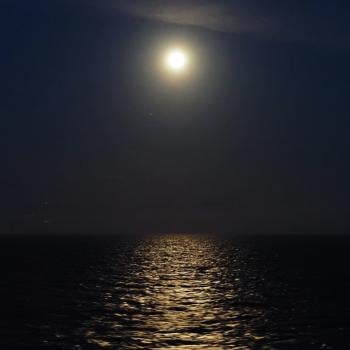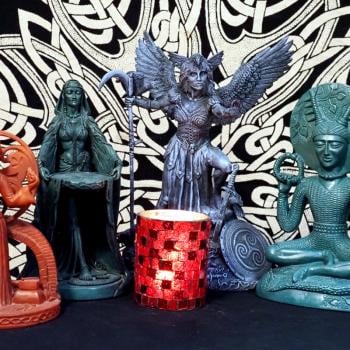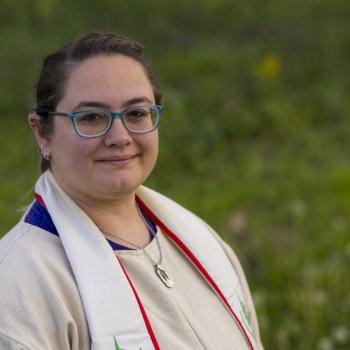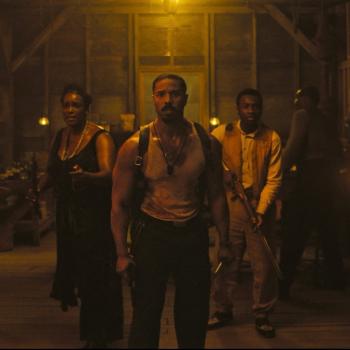A recent Tarot reading was overwhelmingly positive… except for the Wheel of Fortune, which warned that I’m overlooking random chance, some low probability event that could pop up out of nowhere and throw a wrench into my plans. And now I know to look out for that. Read more




















